RV Living And Hurricane Preparedness
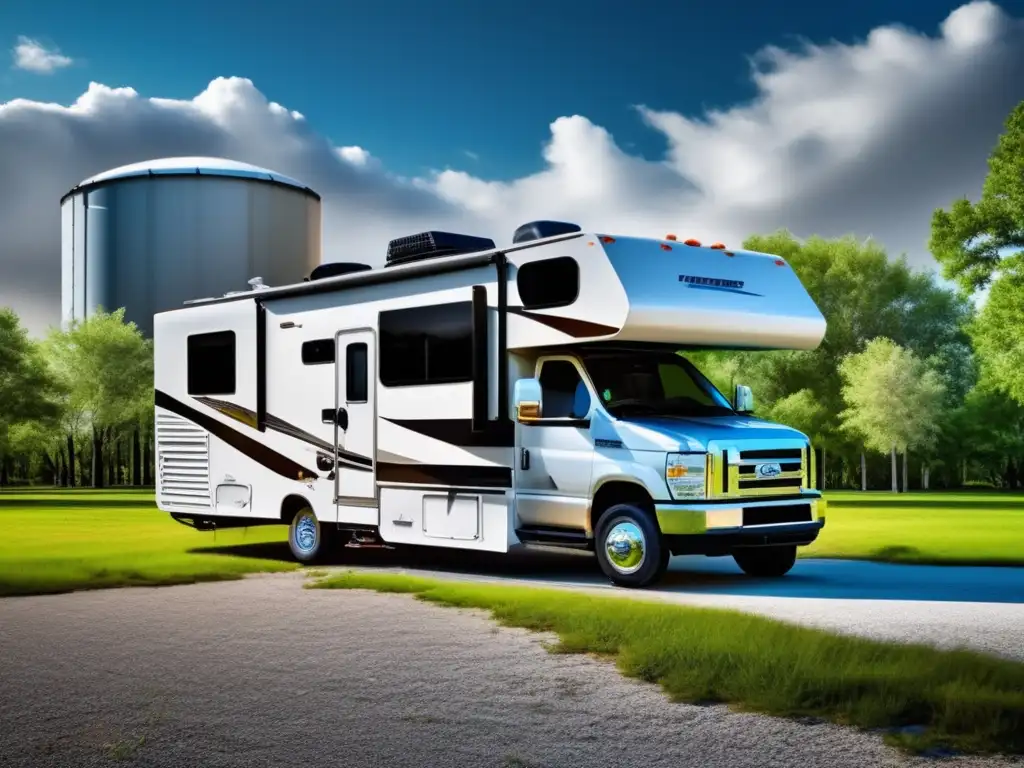
RV Living and Hurricane Preparedness: What You Need to Know
Introduction
Hurricanes are one of the most destructive natural phenomena on Earth, causing millions of dollars in damages and claiming countless lives every year. It's essential for those living in hurricane-prone areas to be prepared for the worst, particularly if they live in an RV or other mobile home. In this article, we'll explore some basic knowledge about hurricanes and how to prepare for them while living in an RV.
Understanding Hurricanes
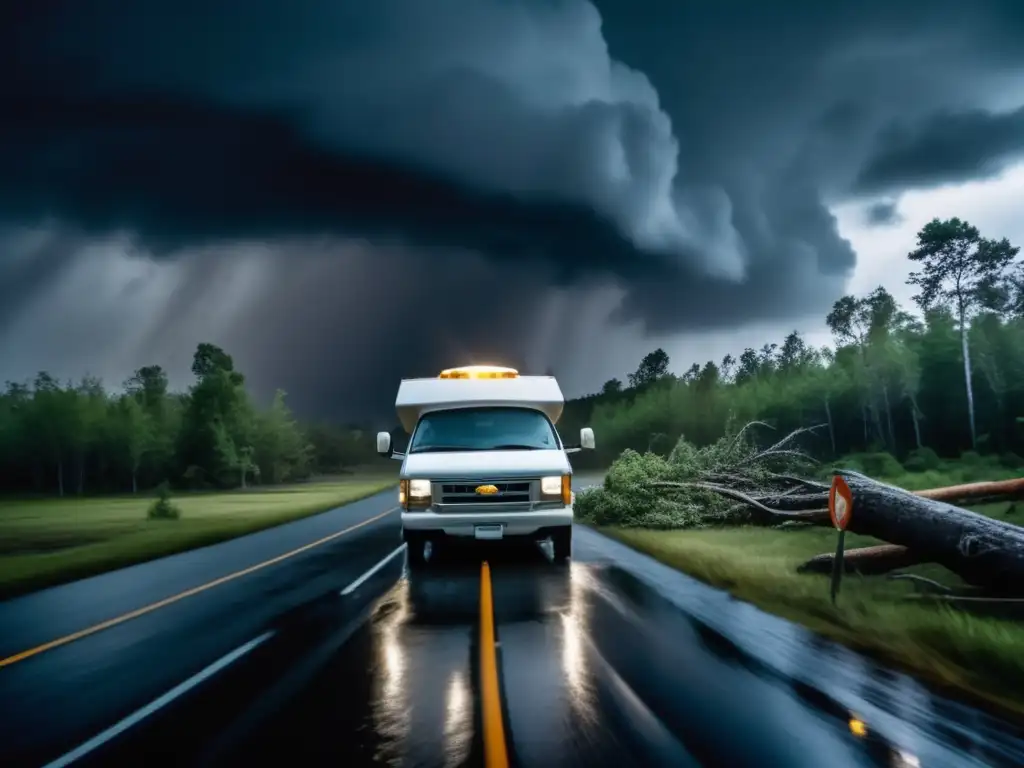
What is a Hurricane?
A hurricane is a rotating low-pressure tropical storm system with sustained winds that exceed 74 mph. They develop over warm ocean waters and can bring with them heavy rain, high winds, storm surges, and flooding.
How do Hurricanes Form?
Hurricanes require specific conditions to form, such as warm water temperatures, moist air, and light winds. When these conditions are present, thunderstorms can develop, which can intensify into a hurricane.
What are the Categories of Hurricanes?
Hurricanes are classified based on their wind speed using the Saffir-Simpson Hurricane Wind Scale. The scale ranges from Category 1 (74-95 mph) to Category 5 (over 157 mph).
Preparing for a Hurricane in an RV
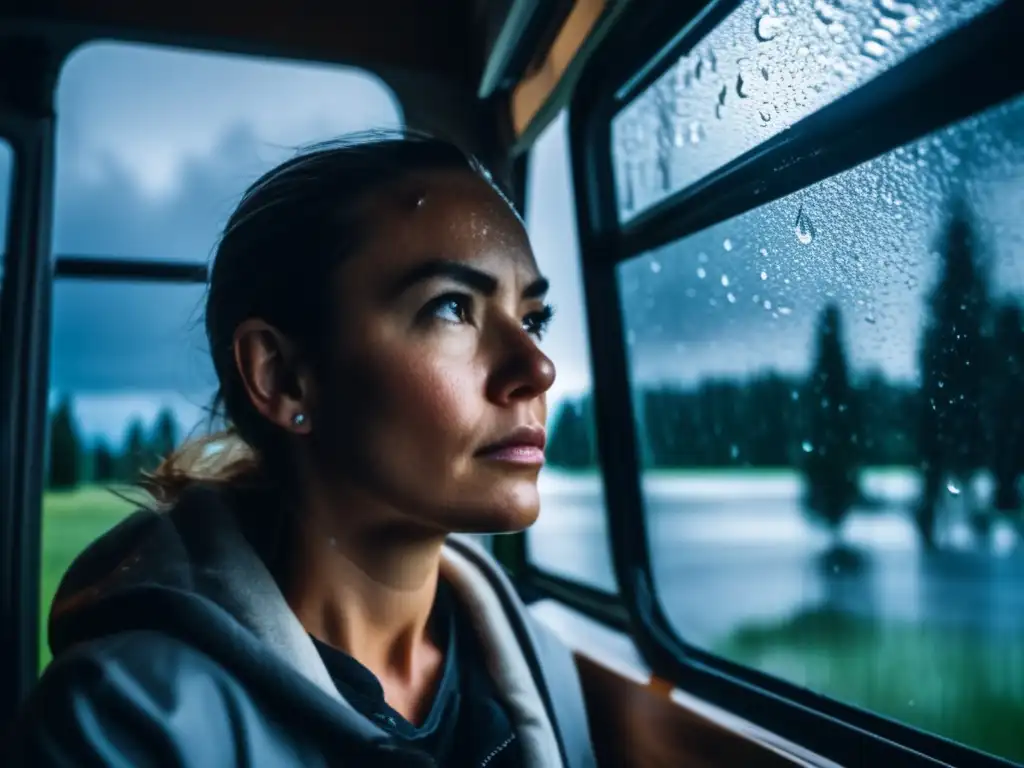
Create an Emergency Plan
Before a hurricane hits, create an emergency plan that includes things like evacuation routes, shelter locations, and emergency supplies you'll need. Make sure to share this plan with everyone in your RV and practice it regularly.
Pack Emergency Supplies
When a hurricane is approaching, make sure you have enough emergency supplies, including food, water, and medication, to last at least three days. You should also have a first aid kit, flashlights, batteries, and a radio. If you're traveling with pets, make sure you have enough supplies for them as well.
Secure Your RV
Before a hurricane hits, make sure your RV is secured. This includes bringing in any outdoor furniture or items that could become airborne in high winds. Park your RV on higher ground if possible and secure the tires with blocks or wedges.
Stay Informed
Stay informed about the latest information on the hurricane by monitoring news and weather updates. Sign up for alerts from local authorities and stay tuned to social media for updates. Also, make sure your phone is charged and that you have a backup battery or charger.
Staying Safe During a Hurricane in an RV
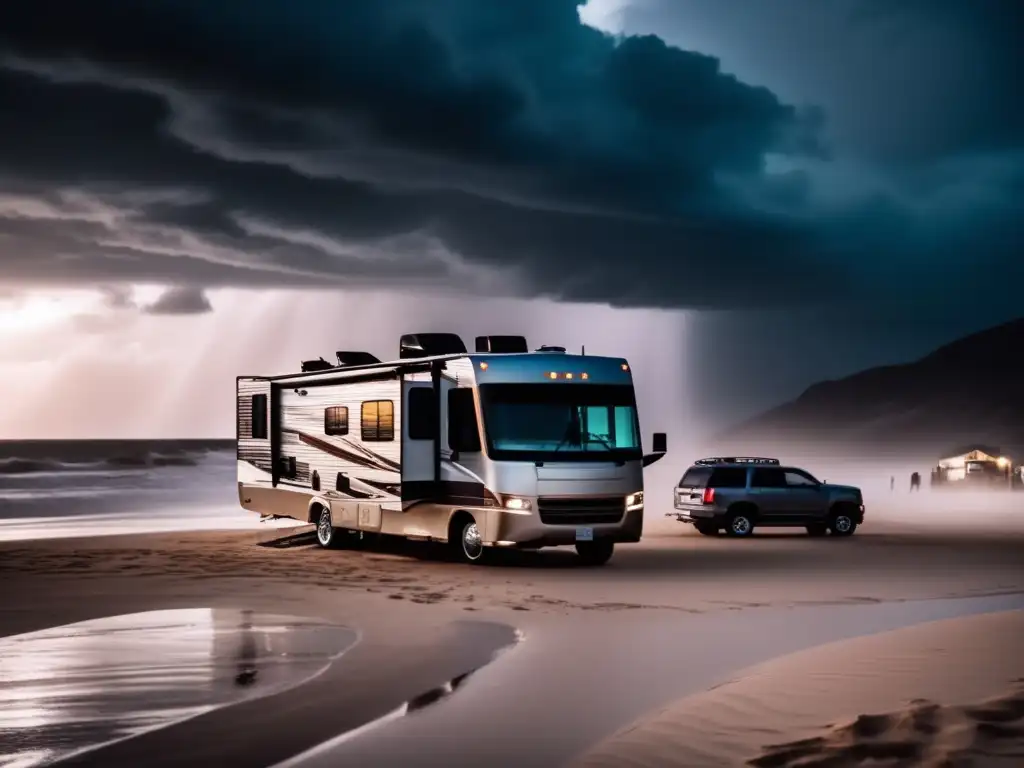
Evacuate if Ordered to Do So
If local authorities order an evacuation, follow their instructions immediately. Don't wait until the last minute to leave. Remember, your safety is more important than your RV or belongings.
Stay Inside
During the hurricane, stay inside your RV and away from windows and exterior doors. Listen to the radio for updates and stay tuned to weather reports. If the winds become too strong, take shelter in a tougher structure or designated emergency shelter.
Unplug Your RV
Before the hurricane hits, unplug your RV from all power sources to protect it from electrical surges or lightning strikes. If using a portable generator, make sure it's positioned at least 20 feet from your RV and never use it indoors.
Be Prepared for Post-Storm Recovery
After the hurricane passes, be prepared for the recovery process. This may include repairing any damages to your RV, cleaning up debris, and dealing with power outages or water shortages. Follow instructions from local authorities and stay safe.
Frequently Asked Questions
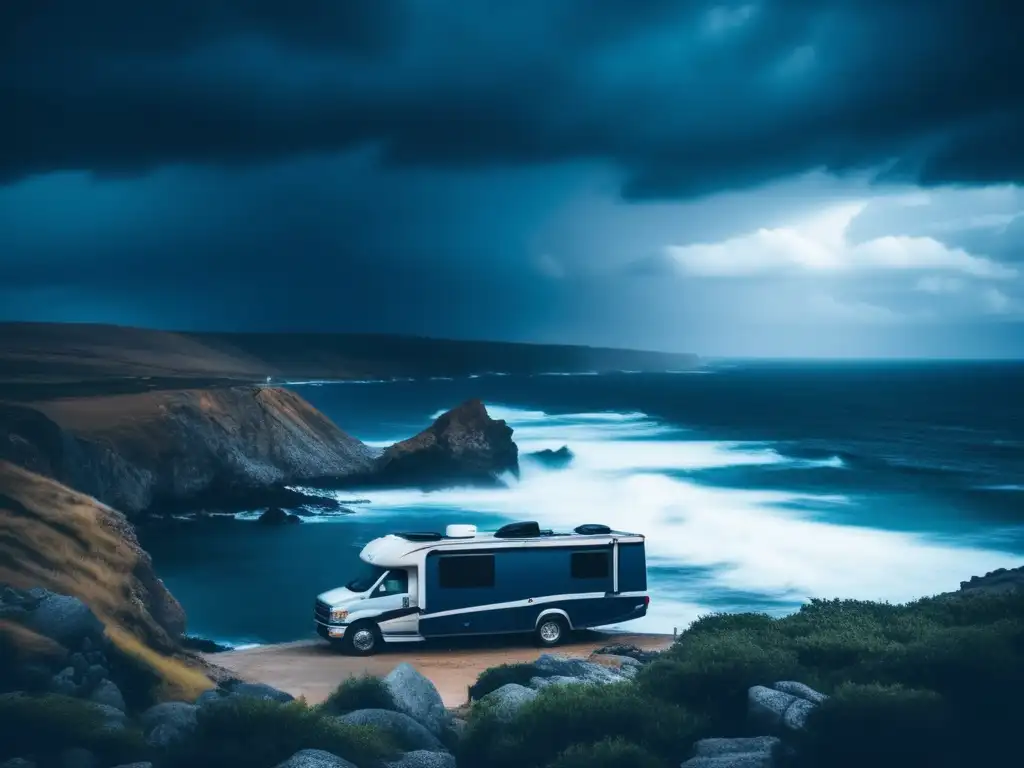
-
Can I stay in my RV during a hurricane?
You can, but it's not recommended. It's safer to evacuate if told to do so by local authorities.
-
What should I do if I'm stranded in my RV during a hurricane?
Stay inside and away from windows and exterior doors. Listen to the radio for updates and stay tuned to weather reports.
-
How can I secure my RV before a hurricane?
Bring in any outdoor furniture or items that could become airborne in high winds. Park your RV on higher ground if possible and secure the tires with blocks or wedges.
-
Should I unplug my RV during a hurricane?
Yes, unplug your RV from all power sources to protect it from electrical surges or lightning strikes.
-
What should I do after a hurricane passes?
Be prepared for the recovery process, including repairing any damages to your RV, cleaning up debris, and dealing with power outages or water shortages. Follow instructions from local authorities and stay safe.
Conclusion
Hurricane preparedness is critical for those living in areas prone to these types of storms, particularly if you live in an RV or other mobile home. Make sure to create an emergency plan, pack enough emergency supplies, and secure your RV before the hurricane hits.
During the storm, stay inside and away from windows and exterior doors. Listen to the radio for updates, unplug your RV, and be prepared for post-storm recovery.
By following these tips and staying informed, you can help ensure your safety and protect your RV during a hurricane. Remember, when it comes to hurricanes, it's always better to be safe than sorry.
Additional Resources
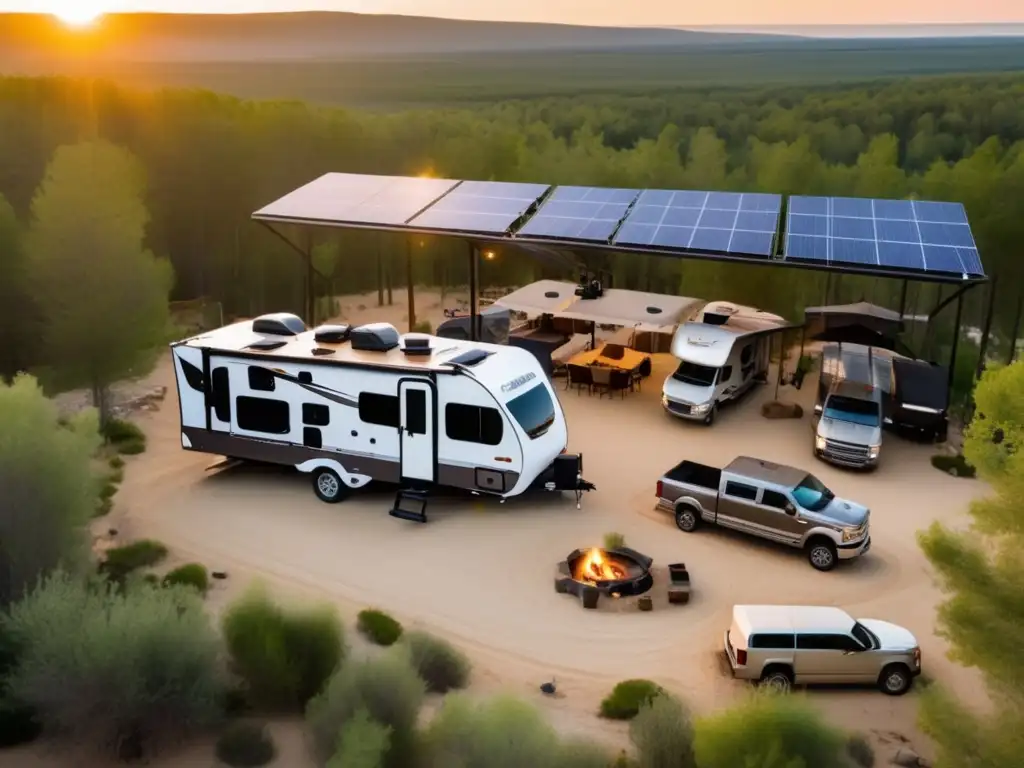
 Making The Best Of It: Activities To Keep Morale Up During Hurricanes
Making The Best Of It: Activities To Keep Morale Up During Hurricanes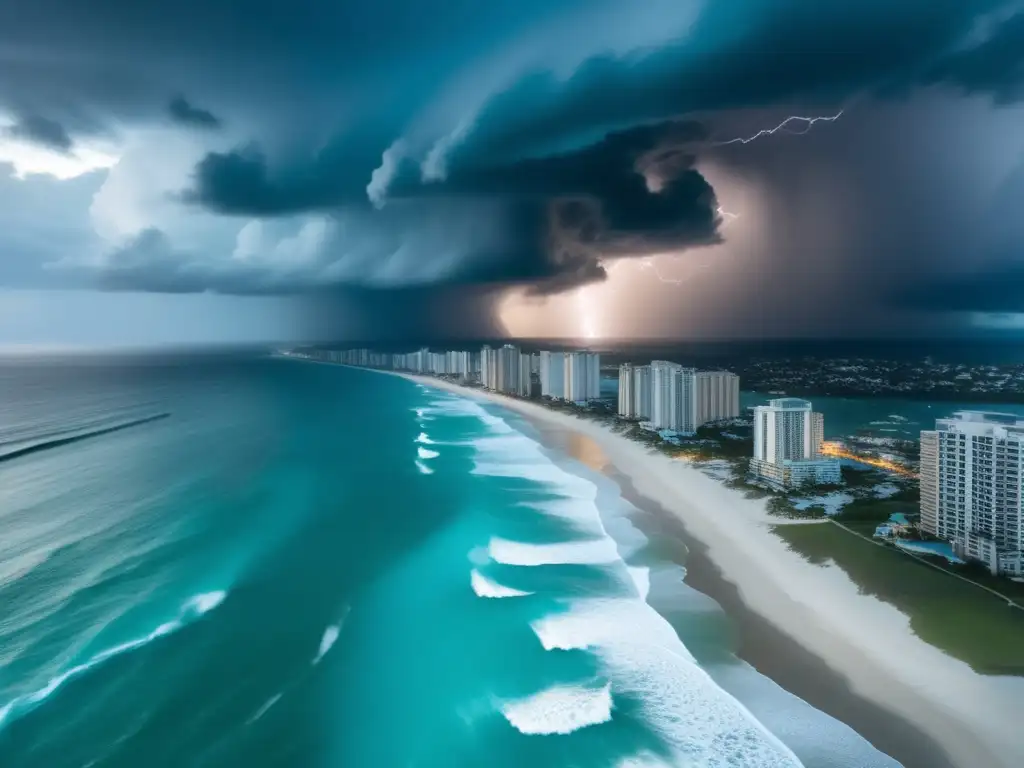 The Minimalist’s Guide To Hurricane Preparedness
The Minimalist’s Guide To Hurricane Preparedness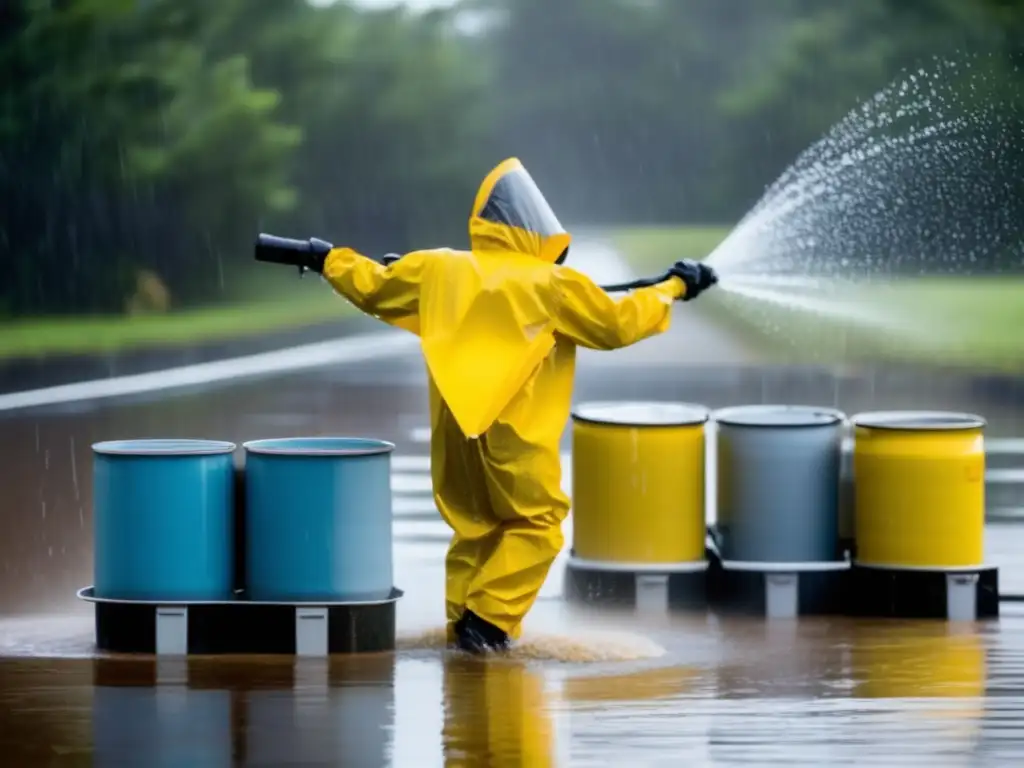 Rain Harvesting: Utilizing Rainwater During Hurricanes
Rain Harvesting: Utilizing Rainwater During HurricanesIf you want to discover more articles similar to RV Living And Hurricane Preparedness, you can visit the Hurricane preparedness: category.
Leave a Reply

Articulos relacionados: